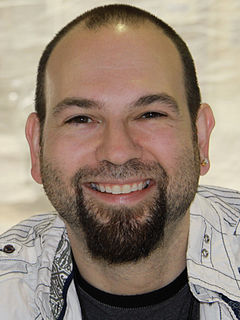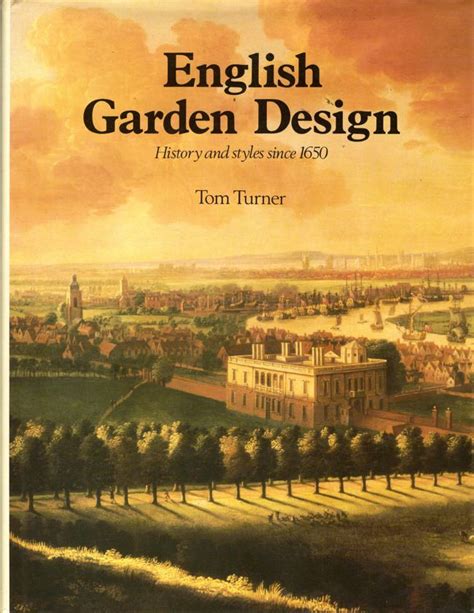A Quote by Ida B. Wells
The nineteenth century lynching mob cuts off ears, toes, and fingers, strips off flesh, and distributes portions of the body as souvenirs among the crowd.
Related Quotes
Seek out some retired and old-world spot, far from the madding crowd, and dream away a sunny week among its drowsy lanes - some half-forgotten nook, hidden away by the fairies, out of reach of the noisy world - some quaint-perched eyrie on the cliffs of Time, from whence the surging waves of the nineteenth century would sound far-off and faint.
All these mountains of Irish dead, all these corpses mangled beyond recognition, all these arms, legs, eyes, ears, fingers, toes, hands, all these shivering putrefying bodies and portions of bodies once warm living and tender parts of Irish men and youths - all these horrors in Flanders or the Gallipoli Peninsula, are all items in the price Ireland pays for being part of the British Empire.
Given that the nineteenth century was the century of Socialism, of Liberalism, and of Democracy, it does not necessarily follow that the twentieth century must also be a century of Socialism, Liberalism and Democracy: political doctrines pass, but humanity remains, and it may rather be expected that this will be a century of authority ... a century of Fascism. For if the nineteenth century was a century of individualism it may be expected that this will be the century of collectivism and hence the century of the State.
Anorexia is a response to cultural images of the female body - waiflike, angular - that both capitulates to the ideal and also mocks it, strips away all the ancillary signs of sexuality, strips away breasts and hips and butt and leaves in their place a garish caricature, a cruel cartoon of flesh and bone.






































